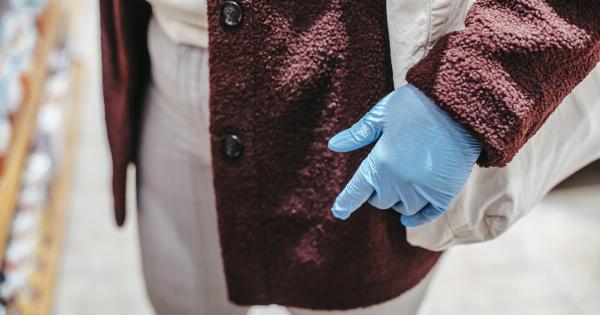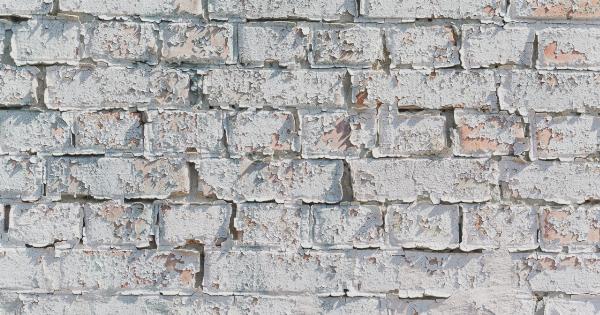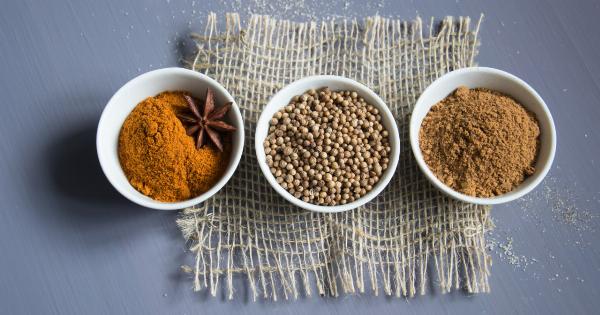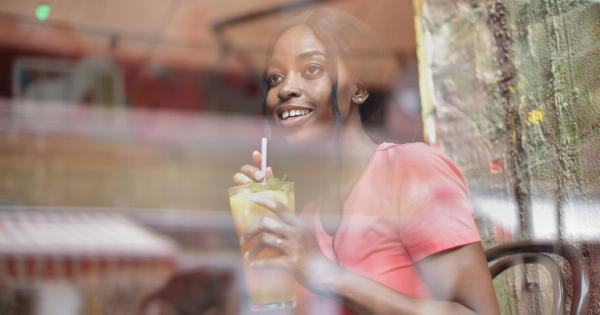Struggling with insomnia can be a frustrating and exhausting experience. Tossing and turning in bed while your mind races can leave you feeling drained and unable to function at your best during the day.
While there are many factors that can contribute to insomnia, such as stress, anxiety, and a lack of a consistent sleep routine, your diet plays a significant role as well.
Why Does Diet Matter?
What you consume before bedtime can have a direct impact on your ability to fall asleep and stay asleep throughout the night. Certain foods and drinks contain substances that can stimulate your brain and interfere with sleep.
By avoiding these items, you can improve your chances of getting a good night’s rest.
1. Caffeine
Caffeine is a stimulant that can keep you awake and alert, making it difficult to fall asleep. For individuals who are sensitive to caffeine, it is advisable to avoid consuming any caffeinated beverages or foods in the evening.
Common sources of caffeine include coffee, tea, energy drinks, chocolate, and some medications.
2. Alcohol
While alcohol may initially make you drowsy, it can disrupt your sleep patterns and prevent you from achieving deep, restorative sleep.
Alcohol reduces the amount of rapid eye movement (REM) sleep, which is crucial for memory consolidation and overall cognitive function. It also acts as a diuretic, increasing the likelihood of waking up throughout the night to use the bathroom.
3. Spicy Foods
Spicy foods can cause heartburn and indigestion, which can make it challenging to fall asleep comfortably. These foods often lead to increased acid production, which can irritate the lining of the esophagus.
To prevent nighttime discomfort, it is best to avoid consuming spicy foods, especially close to bedtime.
4. Fatty and Fried Foods
Fatty and fried foods take longer to digest, leaving your stomach working hard to break them down while you try to sleep. This can result in restlessness and discomfort, making it harder to drift off.
Additionally, these foods can trigger acid reflux or heartburn, further disrupting your sleep.
5. Sugary Treats
Eating sugary foods before bed can cause a spike in blood sugar levels, leading to an energy burst and subsequent crash. This rollercoaster effect can make it challenging to relax and fall asleep.
It is best to opt for healthier snacks that won’t cause a rapid rise and fall in blood sugar, such as fruits or nuts.
6. High-Protein Foods
While proteins are an essential part of a balanced diet, consuming high-protein foods shortly before bed can make falling asleep more difficult.
Proteins require a longer digestion time compared to other macronutrients, which can interfere with sleep onset. If you choose to have a protein-rich meal, try to have it at least a few hours before bedtime.
7. Nicotine
Smoking or using nicotine products close to bedtime can have significant effects on your sleep quality. Nicotine is a stimulant that can interfere with falling asleep and cause restless, fragmented sleep.
It is best to avoid nicotine in all forms, especially in the evening, to promote better sleep.
Conclusion
When it comes to improving your sleep quality and overcoming insomnia, paying attention to your diet is crucial.
By avoiding foods and drinks that can disrupt your sleep, such as caffeine, alcohol, spicy and fatty foods, sugary treats, high-protein foods, and nicotine, you can create an environment more conducive to restful sleep. Remember, establishing a consistent sleep routine and implementing relaxation techniques can also greatly contribute to a good night’s sleep.






























